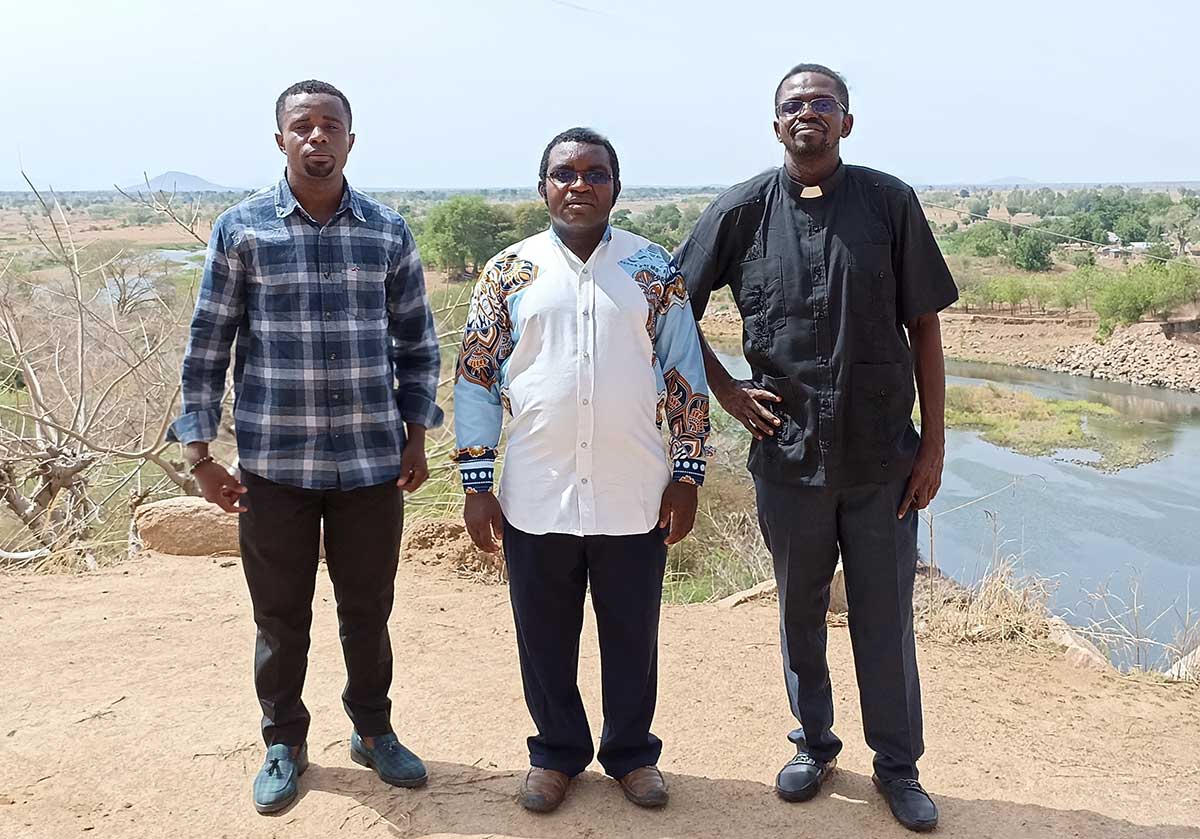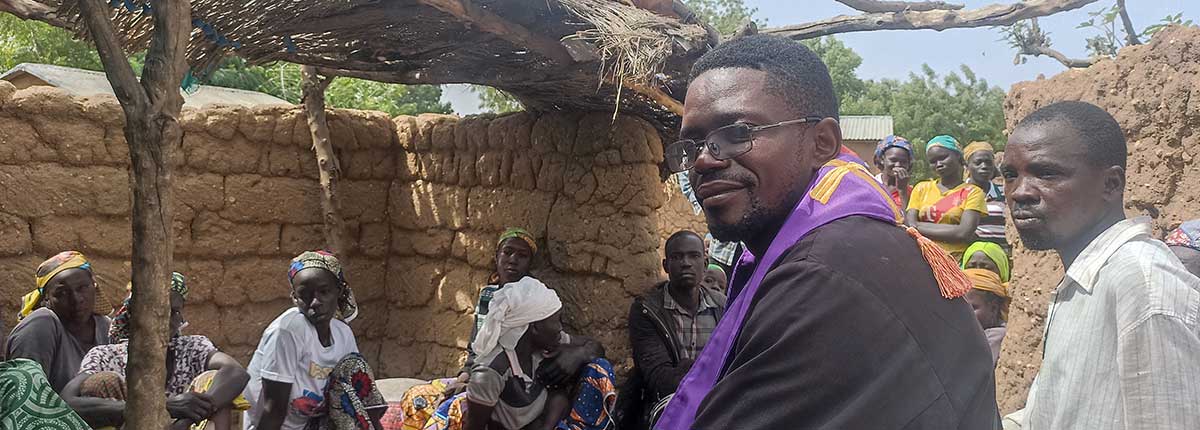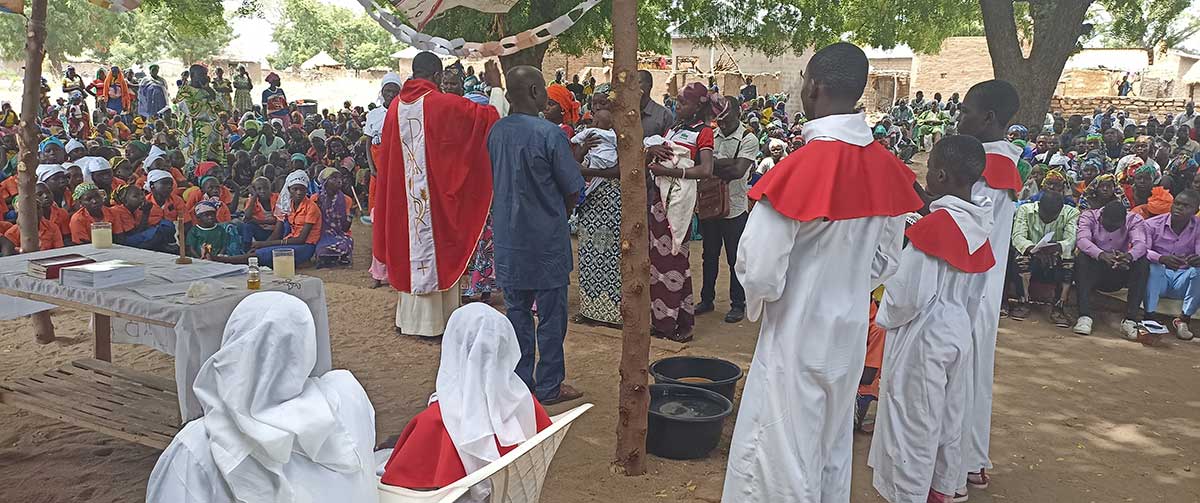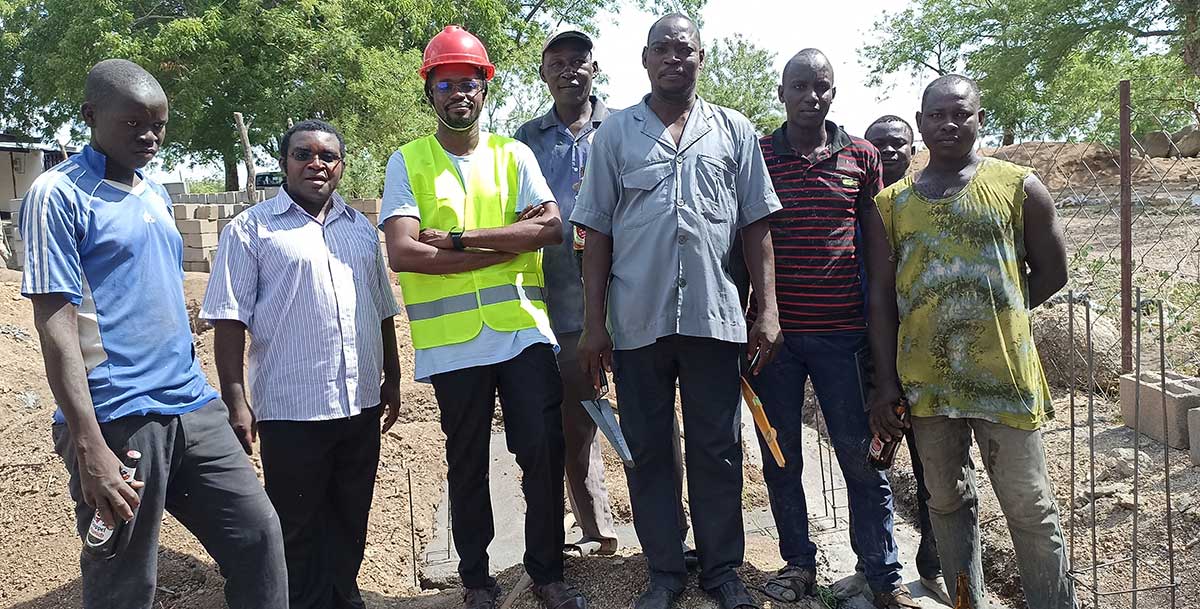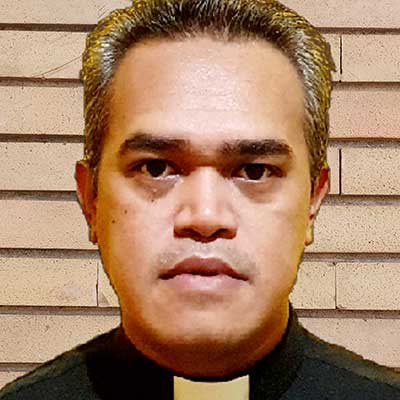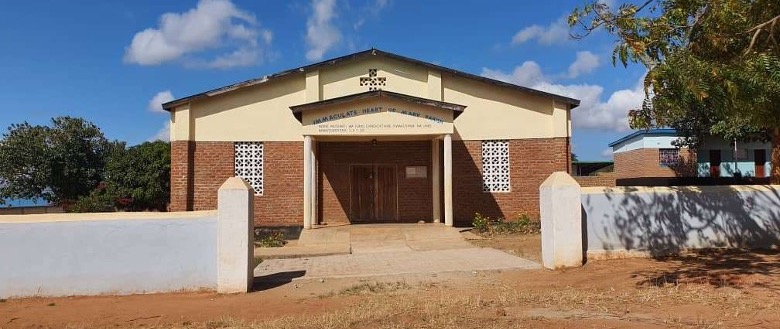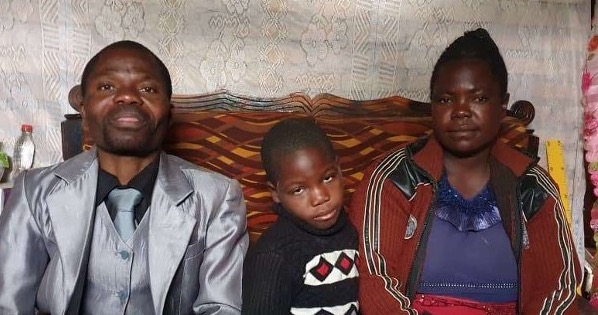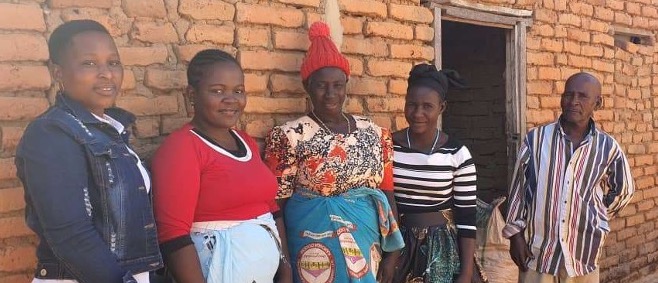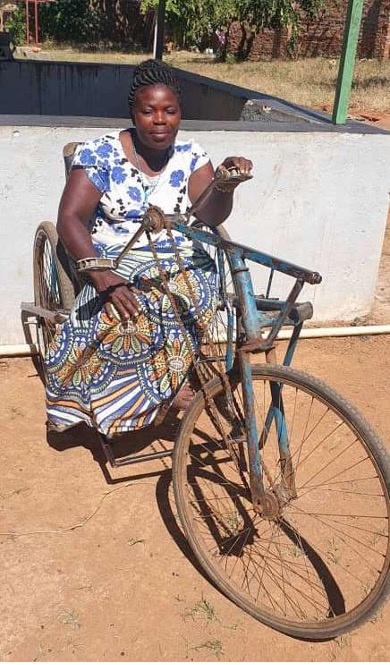Community is Mission
- IN THE FRONTLINE
- Hits: 2941

Alejandro Ulpindo, cicm
Missionary in the Philippines
The following reflection is the summary of my 20 years of CICM journey from the postulancy up to now (2004-2024). I have never stayed alone in my ministry, either apostolate or assignment; I was blessed to always work in a community context. Hence, I journeyed with talented and enthusiastic confreres. From their characters and passions, I learned to appreciate their uniqueness and update my lifestyle and my convictions. The particular lesson I learned is to avoid any generalization and stereotyping and to speak of community life at an interpersonal relationship level before talking about interculturality. I hereby advise everyone to speak of community life, first, on an individual or interpersonal basis to better appreciate its beauty, which lies in the diversity and individuality of each member.
My Confrere, My Mission
The 14th CICM General Chapter declared that life in community is already a mission: "Community is not only for the mission, but it is also a mission." What does it really mean? A simple definition of community for religious people shows that the community is a group of individuals who share common interests, values, beliefs, or goals and interact with one another. If the community is understood as a group of individuals, it means the community and "each individual is mission." My confrere is a mission that I have to love, cherish, protect, and care for. We must support one another in love: "And let us consider how we may spur one another on toward love and good deeds" (Hebrew 10:24). If one falls, we raise him; If he is tired, we carry him! If he makes mistakes, we forgive him and try to endure his mistakes. Hence, if you form a community of more than two or three confreres, it implies that you have more specific missions to cherish and serve. Therefore, it is advisable to keep in mind that religious people don't only coexist and work together, but they share, support, and grow together in faith: "one heart and one soul."
Universal Brotherhood vs. Fraternal Union
In my opinion, the declaration that life in community is already a mission instills the distinction between two things: our togetherness (universal brotherhood) and the acceptance of each individual as a witness to the Gospel (fraternal union):
"… Furthermore, we declare that life in community IS mission, for where two or three brothers are gathered in the name of Jesus and share everything, they are witnesses to the message that God is love. Our witnessing is all the more powerful if our communities are composed of members of different races and cultures. Being CICM today means to live and work together in Provinces and communities composed of confreres of different nationalities and cultures. This is the way that we ought to live our 'Cor unum et anima una.' When we accept each other and live thus in fraternal union, we witness the universality of Christ's love."
Based on the declaration, the mission today is a collective and collaborative endeavor. I am personally convinced that there is no problem with the concept of "universal brotherhood." Universal brotherhood emphasizes the broader idea of unity and kinship among all humanity, transcending boundaries and differences. On the other hand, the problem in several CICM communities remains in the level of acceptance of my confrere (fraternal union) due to differences in characters, attitudes, and behaviors. Fraternal union focuses on fostering close bonds and supportive relationships within a specific group or community. Hence, "when we accept each other and live thus in fraternal union, we become witnesses to the universality of Christ's love."

Causes of brokenness in community life
Every community has its ups and downs, its joys and pains. The recently concluded CICM 16th General Chapter could pinpoint some joys and pains that affect our intercultural living. There are several kinds of conflicts - interpersonal conflicts, group conflicts, even conflicts with the Congregation, and leadership issues. I could rearrange them into a table and add some based on my experience – mainly stereotyping, laziness, hypocrisy, mismanagement, and bias. Stereotyping remains one of the serious challenges in intercultural communities followed by conflicts related to the evangelical counsels.
These elements create a blockage and put the community in a situation that is sometimes difficult to describe. The document (Acts of the 16th General Chapter) also acknowledges a significant improvement worldwide. Some attitudes have also been evoked to improve this aspect of life, such as readiness for conversion, respect, humility, patience, and tolerance. The challenge remains on how to treasure them. It is sad to say that sometimes we (or some) opt not to cooperate. Some confreres struggle to live in a community due to strict behaviors and a lack of collaboration. I heard many confreres say they prefer to stay alone (rather than being wrongly accompanied). Some confreres cooperate better with lay people than with their confreres; many issues of mistrust, suspicion, etc. What should be done in case of repeated misconduct by a confrere?
Yes to Forgiveness, but No to Cheap Reconciliation
According to the 16th CICM General Chapter, "When we look closely at our own situation, we can see that CICM is generous when it comes to forgiving confreres. Yet, forgiven confreres often continue to persist in their wrongdoings." Therefore, if we wish to have healthy communities, we have to avoid or refrain from offering cheap reconciliation. However, we must also remember the power of forgiveness. It is through forgiveness that we can heal and move forward, fostering a healthier and more harmonious community.
A famous maxim attributed to the ancient Roman poet Seneca the Younger says, "Errare humanum est, perseverare autem diabolical," which means that making mistakes is a common (and, by implication, forgivable) human attribute, but persisting in making the same mistake is a personal or moral flaw (and, by implication, less forgivable). Every issue in community life should be well addressed before being totally forgiven.
Willing or not, "we are a community, and the misconduct of one member affects the whole group and its mission. It is important that all confreres, and not just the Provincial Superiors, take responsibility. When a confrere notices serious signs of misconduct on the part of another confrere, he must question him and, if necessary, inform the competent Superior." (16th G.C.). This individual responsibility is crucial in maintaining the integrity and mission of our community, and each of us must be committed to upholding it.
How do you manage misunderstandings or brokenness in a relationship with a confrere? The Commentary of our Constitutions suggests that "when we experience brokenness in a relationship with a confrere or with others, we need to reach out, to apologize, to offer our friendship" (CICM Const, Commentary, Art. 45). The process of reconciliation and healing begins with me and my desire to acknowledge and accept my own part of responsibility in the conflict (16th G.C.). The Gospel (Matthew 18:15-20) reminds us of our mission as a community of followers of Christ, a mission that goes beyond personal salvation. We must call one another to conversion, guide each other on the path of righteousness, and ensure our community's well-being. Fraternal correction is an essential aspect of this mission, and it requires us to speak the truth in love, correcting others with the intention of saving and reconciling them.
The process of fraternal correction involves three vital steps: confrontation, negotiation, and adjudication. We have the mission to love our confreres, but we should remember that love calls us to speak the truth, not out of judgment or a desire to exert power, but out of genuine care and concern for our confreres. Our goal should never be to embarrass or shame but rather to bring our confreres back into the fold of the community.

On the path towards holiness
Based on the above analysis, when we speak about community life as a mission, we particularly refer to our confreres or community members as specific missions. Some key takeaways can be underlined, such as my confrere is my mission that I have to love, cherish, support, care for, etc. My mission also consists of saving my confrere and bringing him back if he goes astray from the embrace of the community. Correcting my confrere is an expression of my commitment to his spiritual growth and our well-being. For a healthier community, we must avoid generalization, stereotyping, laziness, hypocrisy, and the like. By engaging in this process, we demonstrate our willingness to walk alongside one another, supporting and encouraging each other on the path towards holiness. §












